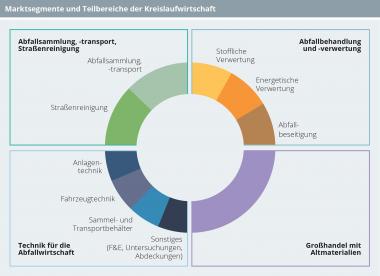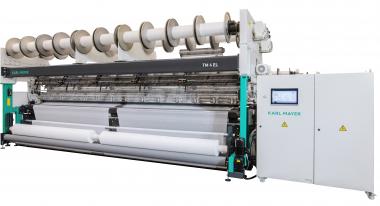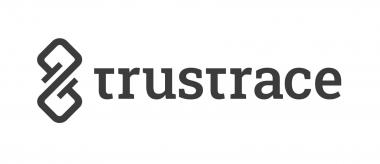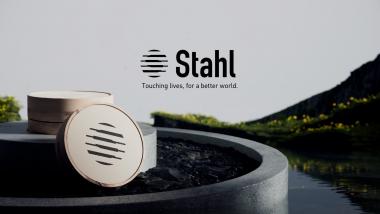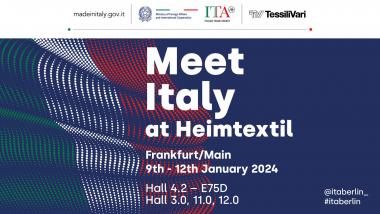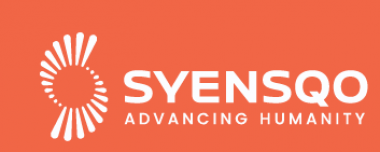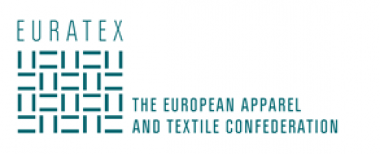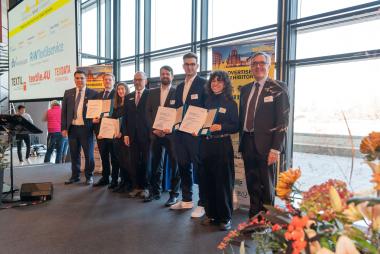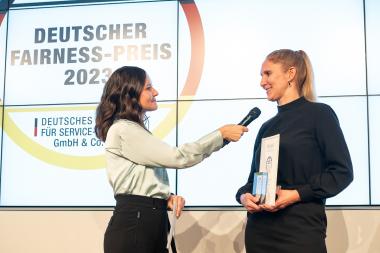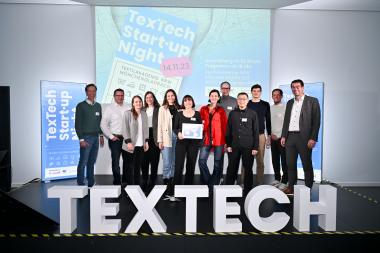Statusbericht der deutschen Kreislaufwirtschaft 2024
Der Statusbericht der deutschen Kreislaufwirtschaft 2024 beleuchtet zum dritten Mal nach 2018 und 2020 die Situation der deutschen Kreislaufwirtschaft. Seit der ersten Veröffentlichung im Mai des Jahres 2018 sind fast sechs Jahre vergangen. In diesem Zeitraum haben in Deutschland zwei Ereignisse für eine veränderte Sichtweise auf die Branche geführt: Zunächst die Corona-Krise, die nicht nur die Leistungs- und Anpassungsfähigkeit der Branche, sondern auch ihre Systemrelevanz für die Funktionsfähigkeit des gesellschaftlichen und wirtschaftlichen Lebens unter Beweis gestellt hat. In diesem Zusammenhang ist seit Anfang des Jahres 2020 auch das Ansehen der Abfallentsorgung und vor allem der beteiligten Mitarbeiterinnen und Mitarbeiter in der Bevölkerung deutlich gestiegen.
Der Angriffskrieg auf die Ukraine hat vor Augen geführt, wie stark Deutschland von Energie- und Rohstoffimporten abhängig ist und wie schnell Störungen in den Lieferketten zu Problemen bei der Versorgung mit wichtigen Gütern führen können. Die Abfallwirtschaft kann sowohl durch die Kreislaufführung von Rohstoffen als auch durch die energetische Verwertung wichtige Beiträge zur Reduzierung dieser Abhängigkeiten leisten.
Die Kernthesen des Statusberichtes 2024
- Das gesamte Abfallaufkommen in Deutschland bleibt seit vielen Jahren stabil bei rund 400 Millionen Tonnen, die Abfallmengen aus privaten Haushalten steigen sowohl absolut als auch pro Kopf weiter leicht an
- Die Kreislaufwirtschaft wächst weiter: Mehr Recycling, mehr Beschäftigung und ein Umsatzsprung durch höhere Rohstoffpreise.
- Kreislaufwirtschaft international: Wachsende Märkte für Technik und Güter bei zunehmendem Wettbewerbsdruck für die deutschen Unternehmen
- Kreislaufwirtschaft vernetzt: Bedeutende Beiträge zum Klimaschutz, zur Rohstoffversorgung und zur Energiewende.
- Die Wertschätzung der Branche und ihrer Beschäftigung nimmt zu, gleiches gilt allerdings nicht für die Akzeptanz der für die stoffliche und energetische Verwertung notwendigen Anlagen.
- Kreislaufwirtschaft digital und innovativ: Die Digitalisierung unterstützt Sammlung und Transport, innovative Verfahren verbessern die Recyclingergebnisse, Startups mit neuen Ideen
- Produzenten und Recycler rücken immer enger zusammen, gleichwohl sind für den Wiedereinsatz von Recyclingrohstoffen die Absatzmärkte sicherzustellen
- Brüssel gibt mittlerweile in vielen Feldern der Kreislaufwirtschaft die Zielrichtung und die Geschwindigkeit vor. Das Ziel: Die Transformation von einer linearen Wirtschaft zu einer Circular Economy
- Für den Transformationsprozess zur Circular Economy ist eine funktionierende Kreislaufwirtschaft die wichtigste Basis, gleiches gilt für den Green Deal
Prognos AG / Mitwirkende Verbände: ASA, BDE, BDSAV,BDSV, BVSE, DGAW, INWESD, ITAD, KDK, PLASTICSEUROPE,VDM, VDMA, VHI, VKU, IFAT


